UNITAS: Bringing Help and Hope to Christians in Lebanon
Dear Friends,
The last time I wrote in the pages of Communiqué, we were planning a Unitas: Come, Rebuild My Church pilgrimage to Lebanon with a few of our friends and supporters. As I write today, on October 19, the pilgrimage has already occurred, and it was a resounding success.
In Lebanon, we visited several places which held the great natural beauty for which Lebanon is famous: the stunning heights and cliffs of the Qadisha Valley (the Holy Valley), with its rock-hewn grottos and centuries-old monasteries; the monastery and tomb of the simple, holy 19th century Maronite monk St. Charbel (1828-1898), to whose intercession more than 29,000 miracles have now been attributed. We met with the head of Lebanon’s Maronites, Béchara Boutros Cardinal Raï, who is Patriarch of Antioch, but resides in Bkerke, Lebanon, not far outside of Beirut. We were able to meet with him at the end of a Sunday evening Rosary at his summer residence in the Qadisha Valley.
We also saw scenes of suffering and deprivation: the aftermath of the devastating August 4, 2020 explosion that rocked the port of Beirut — so large, it was felt in several neighboring countries — with thousands of people, two years later, still living in half-ruined houses, among decimated commercial districts, with no jobs, few resources and little hope.
Thanks to the generosity of our supporters, our Unitas initiative is helping some of these people, with water purification devices, groceries and educational funding for their children. Still, many thousands of educated Lebanese with the means to leave the country have done so, leaving an intellectually and financially impoverished society, especially among the Christian population.
We cannot sit idly by and let this hemorrhage of talent and treasure from a land where Christ Himself once walked, taught and performed miracles, continue. Lebanon is a land which for 2,000 years has nurtured the Christian faith, and we are committed to doing all we can to see that it continues to do so.
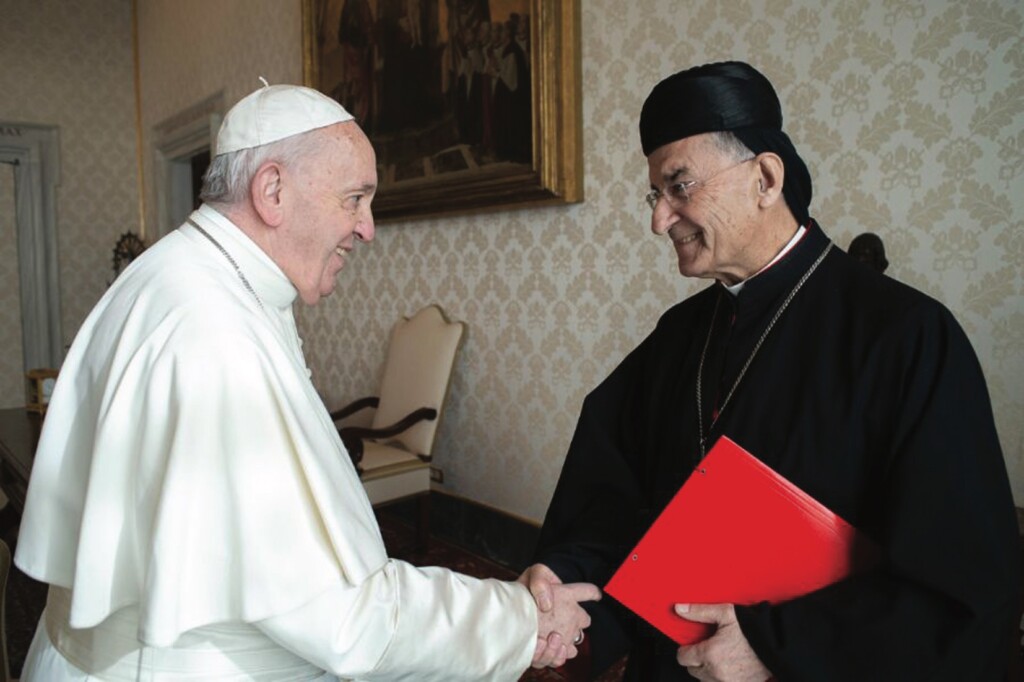
Besides Israel, Lebanon is, at present, the only Middle Eastern country where Christianity can be practiced with complete freedom. However, Christians, a century ago comprising 78% of the Lebanese population, are now only 34% — barely a third. And more Christians are leaving each year.
Perhaps the high point of our pilgrimage was a meeting with leading members of Orthodox Churches in Lebanon. During a wonderful dinner of traditional Lebanese food, we spoke about building bridges of collaboration between Lebanese Catholics and Orthodox to assist the Christians of the country. We have tentatively agreed to work together to put on a special day focused on Lebanon and the Christian presence in the country in September 2023.
We were privileged to meet with Cardinal Bechara Boutros Raï, the Lebanese Catholic Patriarch of the Lebanese Maronite Church. He welcomed us with open arms and explained to us some of the challenges he and his flock are facing. “We are grateful for the support you are giving to our people,” the Patriarch told me. “The fact that you have come here in person to visit with us and see our situation means a great deal to all of us.” And so I pass on the words of Patriarch Raï, who has led the Lebanese Church for more than 11 years, and we ask for your prayers, and, if possible, for your support. In Christ,

Editor, Inside the Vatican
Unitas Fall Pilgrimage to Lebanon
“Extraordinary on Several Different Levels”
During the second half of September 2022, Urbi et Orbi Communications carried out our first pilgrimage to Lebanon. We brought 10 “Friends of Lebanon” from the United States to the land of the Tall Cedars from September 17 to 25 as a part of our Unitas: Friends of Lebanon initiative.
The pilgrimage to Lebanon was conceived with several goals in mind. We wanted to give our pilgrims a sense of the work that Friends of Lebanon has been doing in this country, which has experienced profound tragedy and suffering over the past several years.
We also wanted the pilgrims to get an idea of the social, political, and economic challenges Lebanon is facing — the continued coexistence of Christians and Muslims within the country being one of the most significant of these.
Finally, and most importantly, we wanted to offer all of the pilgrims an opportunity to go on a spiritual journey through visits to ancient sites of Christian pilgrimage such as the Qadisha Valley, places of Biblical significance such as the Cedars of Lebanon, and sites of popular devotion such as the tomb of St. Charbel.
By all three measures, the pilgrimage was a great success.
Perhaps the thing that most stood out for all who were present was the kindness of the Lebanese people. It is difficult to put into words the openness, hospitality, and generosity that we experienced during our time in Lebanon. As we were welcomed into people’s homes and into their lives, we began to understand the “Lebanese spirit” — a spirit present in the towns and villages where Christians, Muslims and Druze have lived side by side for centuries, in the Qadisha Valley cave monasteries where Maronite monks fled to escape Ottoman oppression, and in the city of Beirut, where bullet holes from the country’s civil war of the 1970s and 1980s dot the facades of historic buildings and fashionable hotels, and where cafes use back-up generators to keep the lights on during daily blackouts.
After a first afternoon and evening in Beirut, and an early morning Maronite-rite Mass, we drove up to the Qadisha Valley in northern Lebanon, where we stayed for three nights. “Qadisha” is a word meaning “holy” in Aramaic, which was the lingua franca of the Near East for many centuries, and the language Jesus knew and spoke. On our first night in the north, we were able to attend a Rosary service at the summer residence of the Maronite Catholic Patriarch, Cardinal Boutros Bechara Raï, in Dimane. At the end of the service, the pilgrims met Patriarch Raï and we gave him a short update on our work to support Christians in Lebanon over the past several years. He told us, “Thank you very much and please continue. This work is very important.”
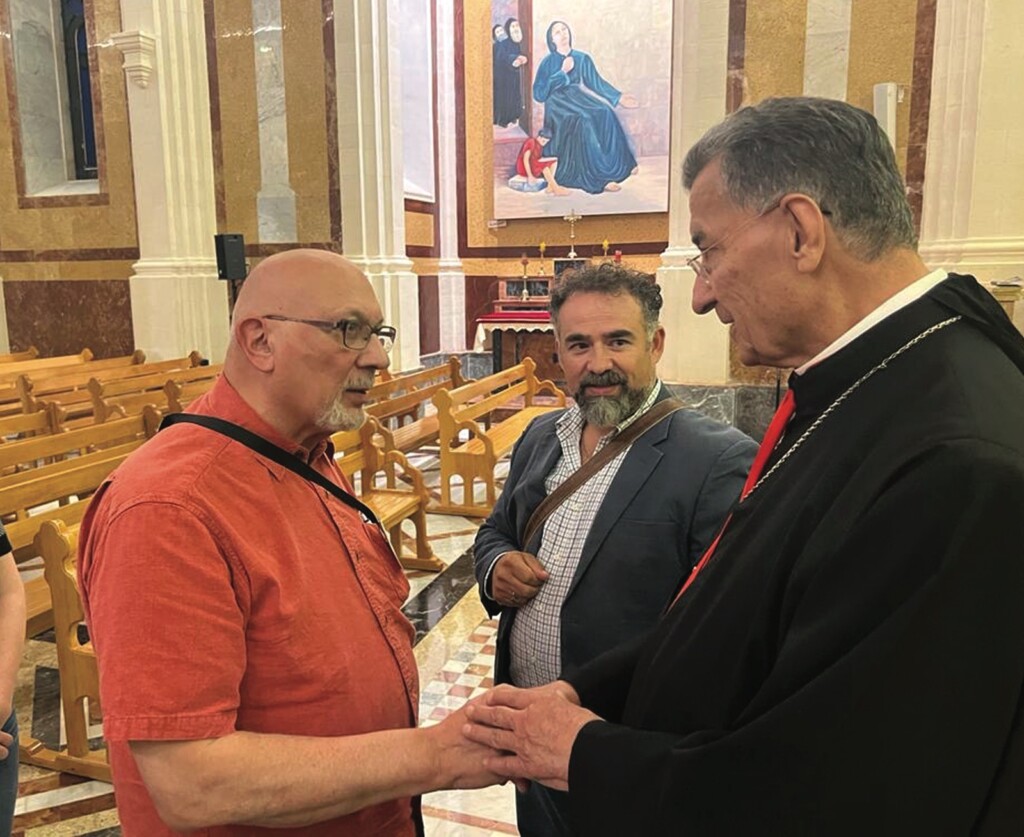
During a visit to Lebanon in September, Urbi et Orbi’s “Friends of Lebanon” delegation was received by Patriarch Bechara Boutros Raï, the head of the Catholic Maronites in Lebanon. In the photos, Patriarch Raï greets Joseph Raguso of Cleveland, Ohio, one of our “Friends of Lebanon” members, in the presence of Tony Assaf, who was born in Lebanon and is one of the group’s advisors
The following day, we drove down into the valley, a massive, imposing geological wonder that has served as a place of refuge for generations of Maronite Catholic faithful. At the St. Elisha Monastery, we saw a small room, carved out of the rock, where several Maronite Patriarchs lived during the 16th and 17th centuries, when the Church in Lebanon was being persecuted by the Ottoman Empire. The next day, we toured the Kahlil Gibran museum in the town of Bsharri and visited the Cedars of God, which grow high on the slopes of the mountains above the valley. The awe-inspiring landscapes of the Qadisha Valley and the surrounding area gave us a new understanding of and appreciation for the Maronite Church, which was based in and around the valley for so many centuries, and whose saints and hermits have truly made this a “holy” valley.
The second phase of our pilgrimage was centered on Beirut and holy sites in the surrounding area. Before we entered Beirut, we stopped at the Orthodox Monastery of Our Lady of Nourieh (Our Lady of the Light), a popular Orthodox pilgrimage site overlooking the Mediterranean Sea, followed by lunch in the ancient seaside city of Byblos. The following day was focused on visits to recipients of the “short-term help” that Unitas: Friends of Lebanon had provided following the August 4, 2020 Beirut port explosion. This help was in the form of food boxes, basic necessities and water purifiers, which recipients told us had made a huge difference in their daily lives.
Hearing the testimonies of people who continue to struggle, month after month, to provide basic necessities for their families and to send their children to school was eye-opening and greatly moving for all who were present. Seeing the great need that ordinary people are still finding themselves in reinforced our commitment to continue the work of supporting Lebanon.
Another concrete way for us to support Lebanon, and the Christian community there, presented itself that evening, at a dinner held with the Guardians of the Holy Fire, a gathering of lay Orthodox leaders in Lebanon. At this meeting, the Guardians proposed a collaboration — an event in September 2023, to raise awareness about the traditions of the ancient Christian Churches in Lebanon and the rest of the Middle East. We agreed to hold such an event as a Unitas gathering, where Catholics and Orthodox will come together and discuss critical issues.
Also speaking at this event will be Habib Malik, an Associate Professor at American Lebanese University, with whom our group had dinner the subsequent evening. The son of the illustrious Charles Malik, who served as President of the General Assembly of the United Nations and participated in the drafting of the Universal Declaration of Human Rights in 1948, the younger Malik gave us his thoughts on the future of Lebanon and told us he would be happy to mark the 75th anniversary of the drafting of the Universal Declaration with us at next year’s Unitas event. We hope you can make plans to join us in September 2023 in Lebanon for this gathering.
On the final day of our pilgrimage, Fr. Jim O’Neal, one of our pilgrims, celebrated Mass at the tomb of St. Charbel, perhaps the holiest site in Lebanon, after an illuminating and unexpected encounter with Fr. Louis Matar, the priest who has registered the many thousands of miracles attributed over the years to St.Charbel’s intercession.
What stayed with us, and with our pilgrims, were these unexpected things: an offer of sharing a meal in the officer’s club of the Lebanese Army next to the Cedars of Lebanon; being invited to share tea in a family’s home in Byblos, and meet their children (they gave us a gift of honeycomb from their farm in their home village, and homemade Lebanese cake for dessert); meeting a father and son, both doctors, who have been running a hospital in northern Lebanon for the past 20 years, and learning about the importance of healthcare in Lebanon during the current crisis.
Multiple pilgrims highlighted these “encounters” as the most remarkable part of their time in Lebanon, and all 10 of them have now become advisors to the Friends of Lebanon project. One pilgrim wrote: “The people and their country have left deep impressions in my heart and mind. Troubling sights of areas severely impacted by the explosion two years ago lie in contrast to the magnificent beauty of the hills and the blue sea surrounding much of Lebanon. The history of people of faith was almost palpable in monasteries we visited. As the days move further along, I recall moments, visits and human exchanges that hold great meaning. Faces and places come to mind and I am moved to prayer. The pilgrimage may have actively ended, but the journey in prayer and faith with unforgettable people still lives.”
Left, meeting in the home of a Lebanese family, and, right, a dinner discussion in Beirut, Lebanon
Digital Platforms
Urbi et Orbi Communications’ Digital Platforms
Bringing the “Heart of the Church” to a global audience
Virtual pilgrimages, roundtable discussions, Vatican news and commentary and spiritual reflection are all just a click away with Urbi et Orbi Communications’ digital platforms on the internet.
- Virtually anyone, anywhere can access our three websites – UrbietOrbiCommunications.com; InsideTheVatican.com; and InsideTheVaticanPilgrimages.com. They each have a different focus but all three are chock-full of opportunities for you to grow in your faith, your knowledge and your experience of the Church’s great pilgrimage destinations, its saints and its scholars and its present-day mission.
Inside the Vatican Pilgrimages has recently begun to showcase testimonials from pilgrims who have traveled with us on our Instagram channel: @insidethevaticanpilgrimages. If you are interested in pilgrimaging with us in the spring or summer of 2023 to Italy, for “Easter in Italy” or to “Journey Toward the Face of Christ,” or to England, The Dowry of Mary, or to Ireland, the land of “Saints and Scholars” — this channel is your place to discover and plan! You can also follow Urbi et Orbi Communications, Inside the Vatican magazine, and Robert Moynihan on Instagram, Facebook and Twitter.
Our YouTube channel, Urbi et Orbi Communications, is the home of ITV Voices: short highlights of past interviews and Writer’s Chats, which are carefully selected and condensed to fit in with your busy schedule. Watch selections from Dr. Robert Moynihan’s interviews of Dr. Anthony Esolen, Robert Royal, Mary Stanford and others, as well as from the dramatic Viganò Tapes, and subscribe to the channel to keep up with all that is going on in the Church.
Receive emailed letters from Inside the Vatican founder and editor-in-chief Robert Moynihan. The Moynihan Letters are free and go to some 20,000 readers around the world. Also receive our monthly Lebanon Report, focusing on initiatives for bringing peace and unity to Lebanon through our Friends of Lebanon project. Visit InsidetheVatican.com to subscribe.
Every Friday, we highlight a different article from the latest edition of Inside the Vatican magazine across all of our platforms (Instagram, Facebook, and Twitter). Follow @insidethevaticanmagazine to see the latest article and then subscribe to our digital magazine to receive Inside the Vatican on your digital device. Past issues of Inside the Vatican magazine are also available to subscribers in digital form online. Visit Issuu.com/InsidetheVaticanMagazine.
We all belong to the visible Body of Christ on earth, the Catholic Church, and Urbi et Orbi Communications is committed to keeping us all connected!
BE THE HANDS THAT HELP BUILD UNITY
Urbi et Orbi Communications’ UNITAS initiative is working to stem the tide of confusion and division that is rising all around us. We plan and execute projects around the world that foster unity in three areas: unity of each person’s soul with God; unity in the Catholic Church; and unity between Catholics and the Orthodox, our brothers and sisters in faith and sacrament. But we need your support!
Donate to Unitas and Be the Hands that help build Unity, so sorely needed in these troubled times.
CALL US at +1.202.536.4555, email us at [email protected],
or go to https://urbietorbicommunications.com/donate-now/

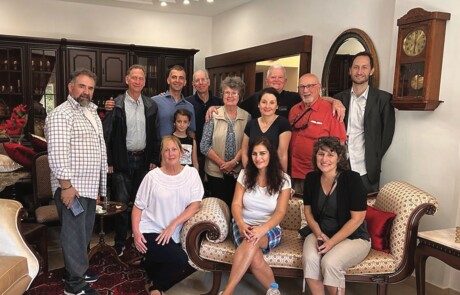
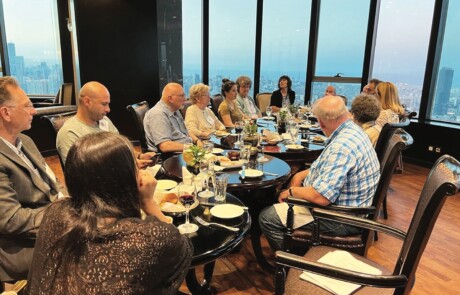
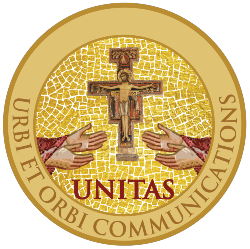
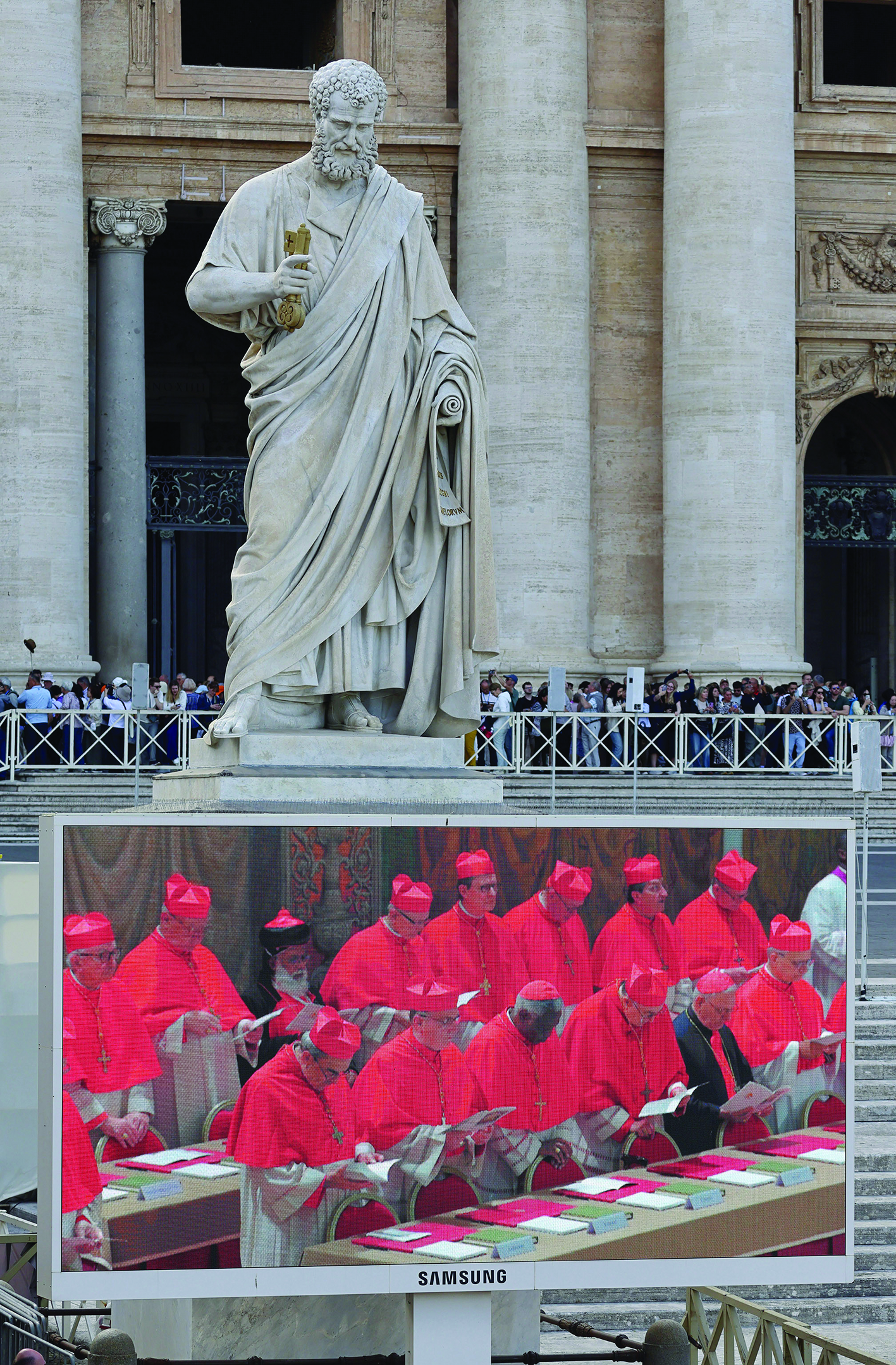
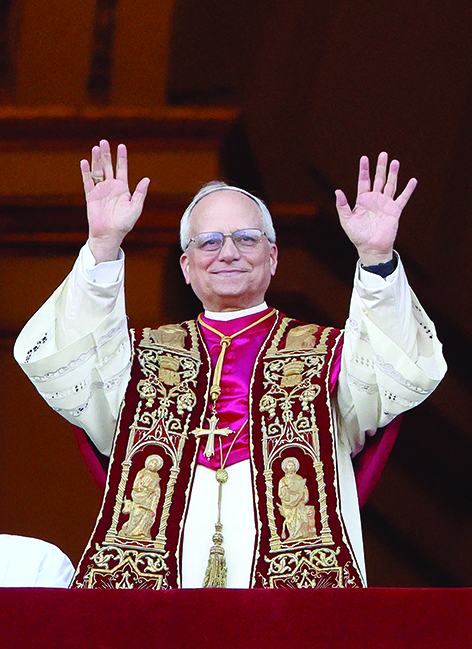
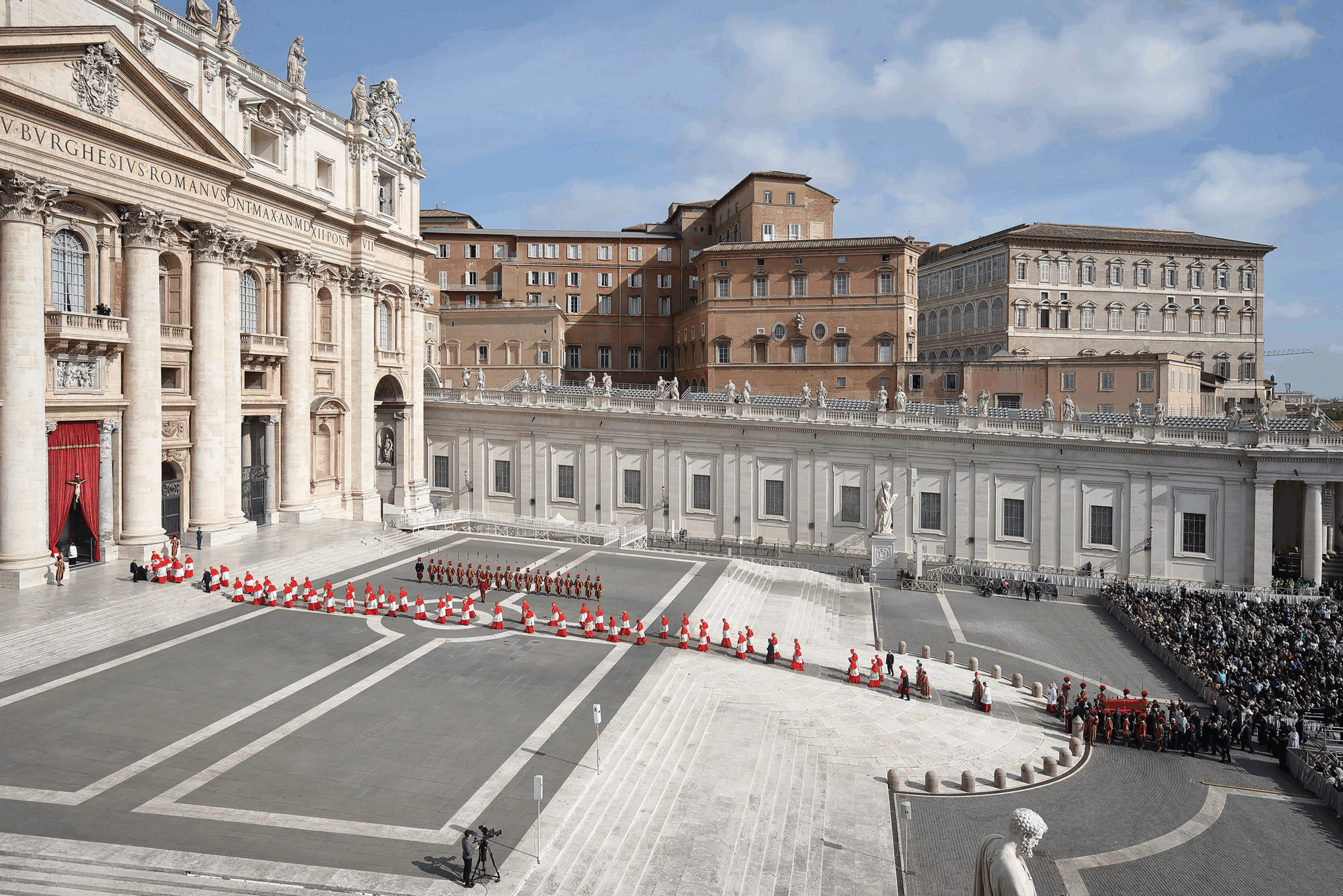
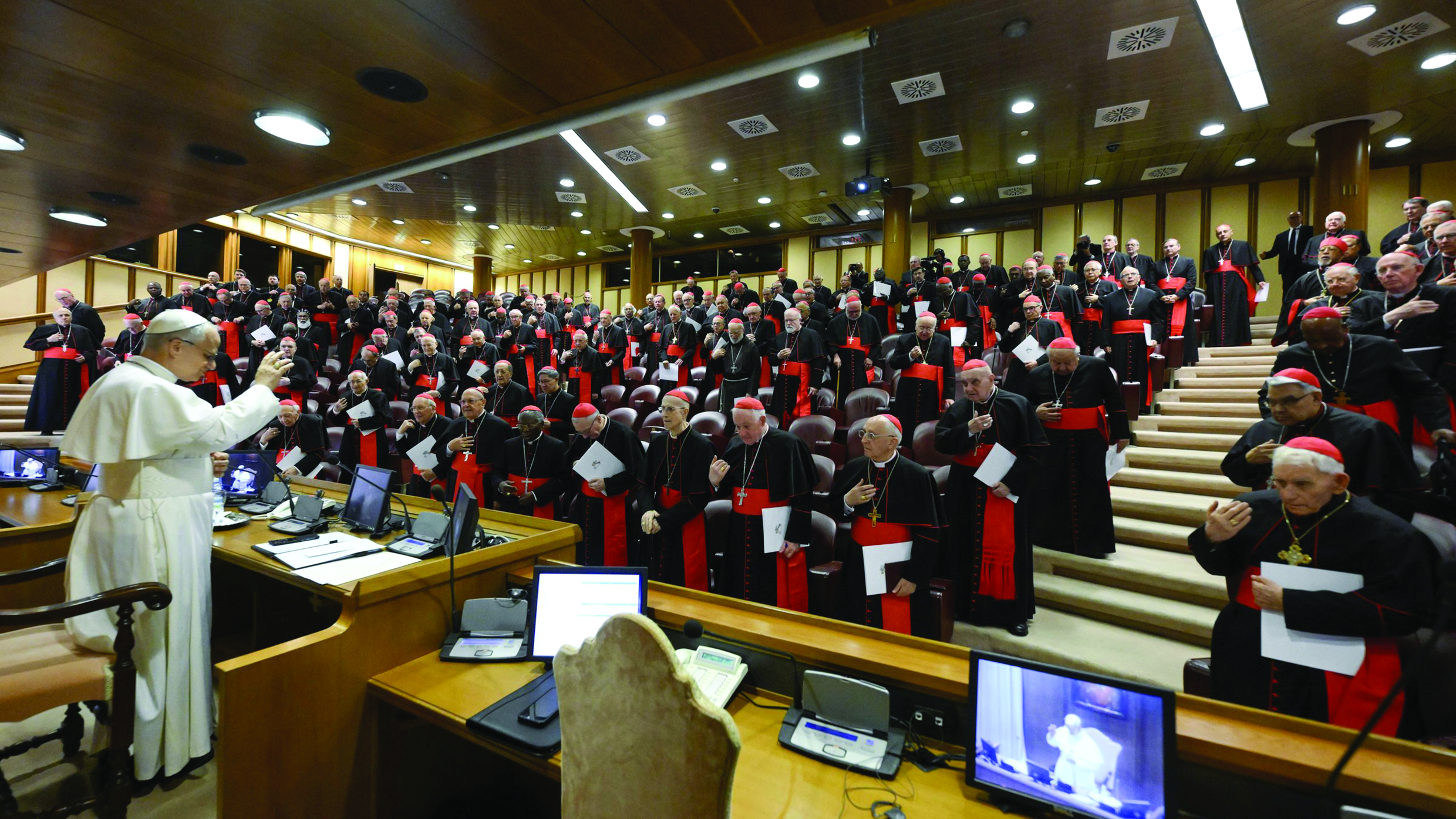
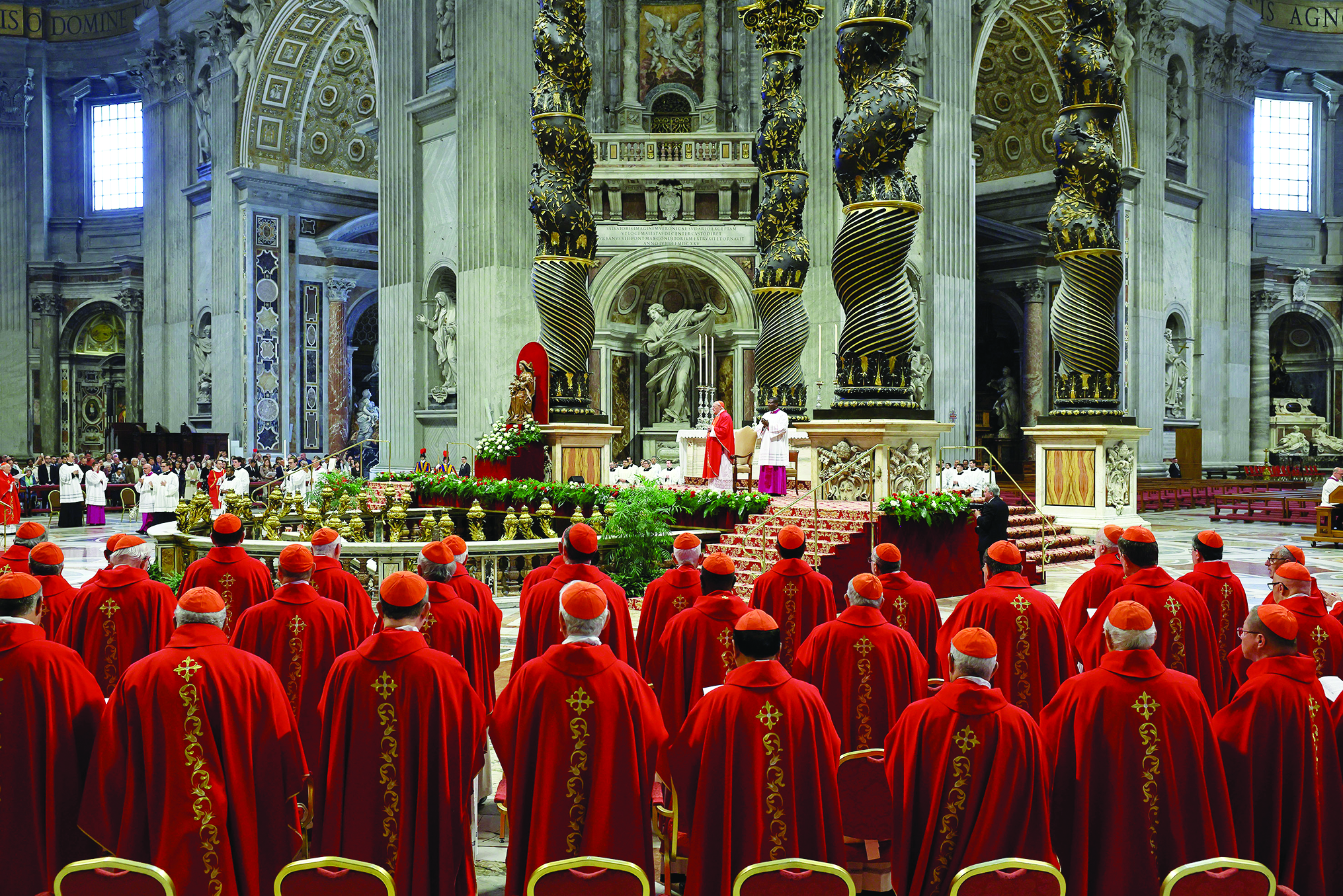
Facebook Comments